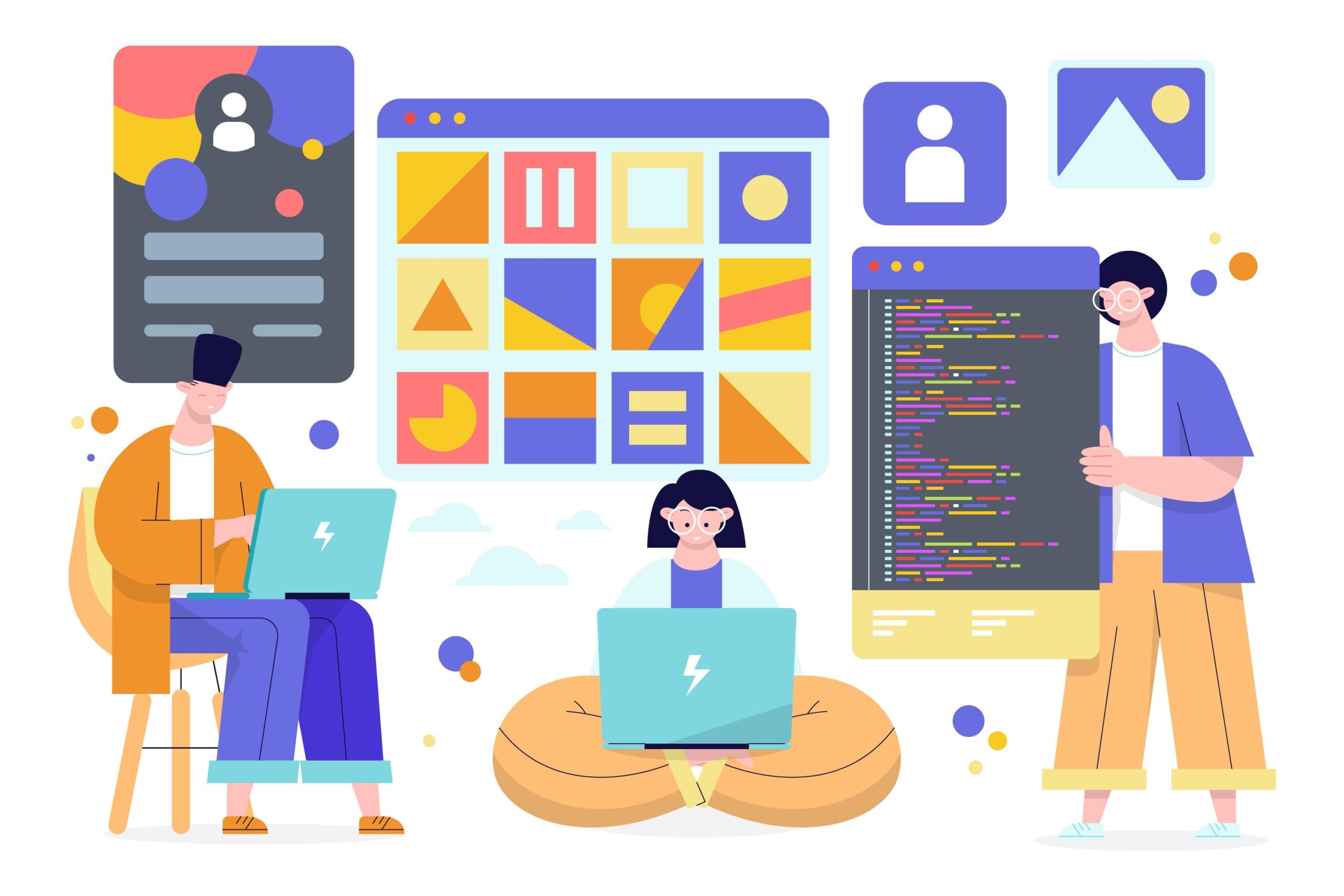
Python Primer
The Python primer bootcamp introduces students to the fundamentals of Python through hands-on exercises, and engaging coding projects.
Description
The Python Primer bootcamp is an in-person introductory-level course that provides students with a solid foundation in the Python programming language. This course is ideal for students with little to no prior programming experience who are interested in acquiring coding skills. The bootcamp is offered for free in the spring, summer, and fall semesters.
The course introduces students to the fundamental concepts of programming. They learn variables, data types, control structures, functions, and basic algorithms. The curriculum is structured to ensure a gradual and accessible learning curve, allowing learners to grasp these concepts step by step.
The course emphasizes hands-on practice, providing numerous coding exercises and assignments to reinforce theoretical knowledge. Learners will have the opportunity to apply their newly acquired skills by working on practical coding projects, and gaining experience in problem-solving and algorithmic thinking.
In addition to the technical aspects of Python, the course also introduces best practices in coding, emphasizing code organization, documentation, and readability. Learners will develop good programming habits from the start and learn how to write clean and maintainable code.
Learning outcomes
- Acquire a solid understanding of fundamental programming concepts
- Develop problem-solving skills by breaking down complex problems into smaller parts and implementing solutions using programming techniques
- Think algorithmically and approach problem-solving in a structured manner, including designing and implementing algorithms to solve various tasks
- Identify and fix errors in code through effective debugging techniques, enhancing problem-solving and critical thinking.
- Apply best practices in software development, including code organization, documentation, code readability, and writing modular and reusable code
- Use Integrated Development Environments, code editors, version control systems, and debugging tools.
- Collaborate in a programming team, understanding the importance of communication, and version control to build projects collectively.
Topics
- Variables and Expressions
- I/O (Input/Output) Functions
- Strings
- Decision-making Statements (if, if/else, if/elif/else)
- Repetition / Loops (while, for)
- Collective Data Structures: lists, sets, dictionaries, tuples
- Randomness
- Functions
- Simulation
- Files I/O
- Number System and Binary Numbers
- Simulation and Data visualization
- Introduction to Object-Oriented Programming
- How to deliver a successful team programming project?
Additional resources
- Git cheat sheet
- Python documentation
- Built-in Functions (Part 1)
- Built-in Functions (Part 2)
- PEP 8 — Style Guide for Python Code
- Mutable vs. Immutable Objects in Python
- Python Data Types
- Flowcharts In Programming
- Python Basic OperatorsLinks to an external site.
- Mutable vs. Immutable Objects in Python
Target audience
- High school students: 11th and 12th grade
- Undergraduate students
Duration
8 weeks
